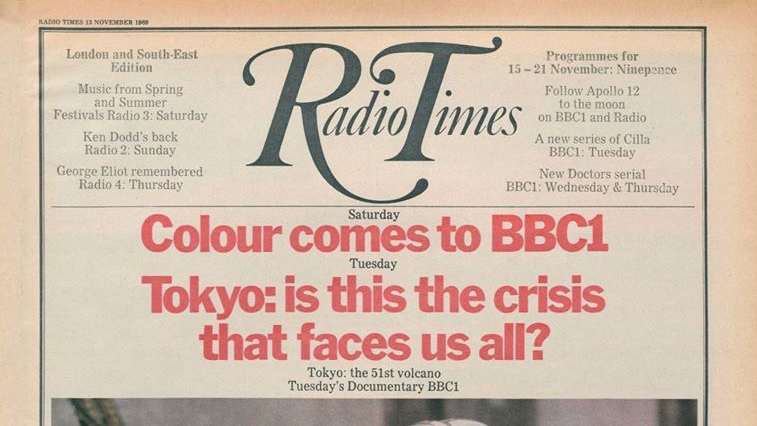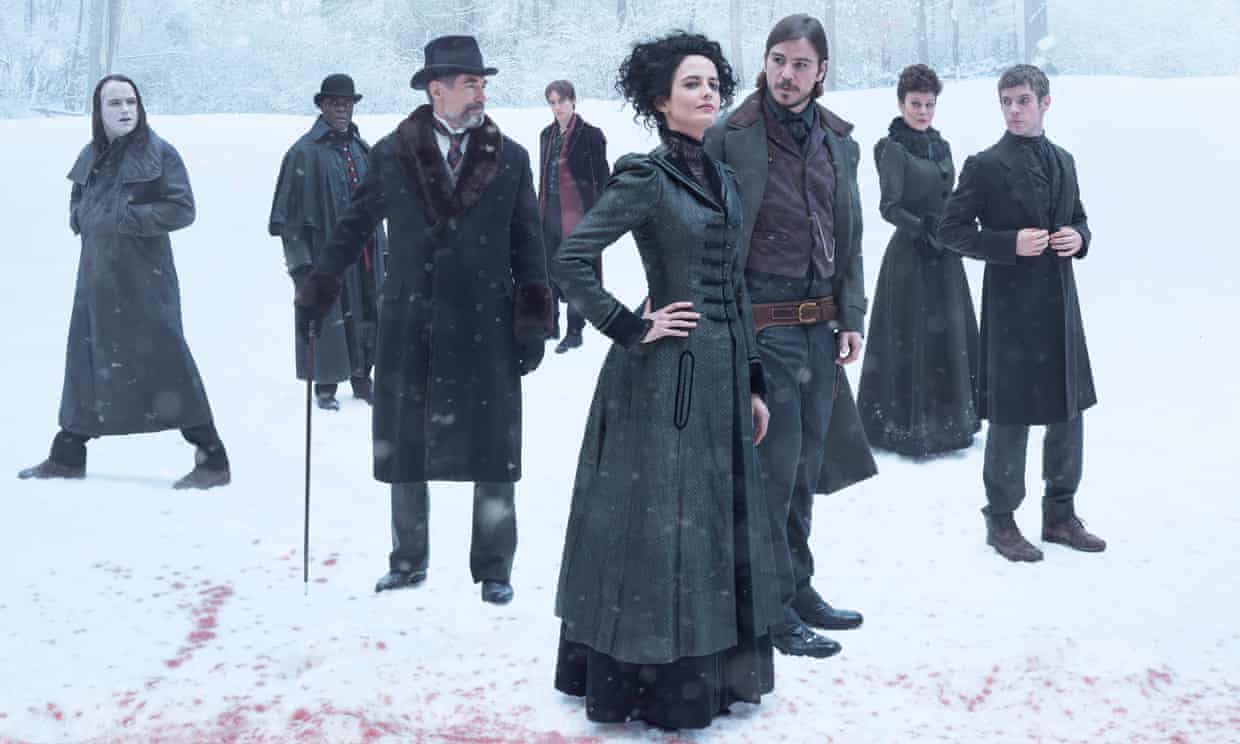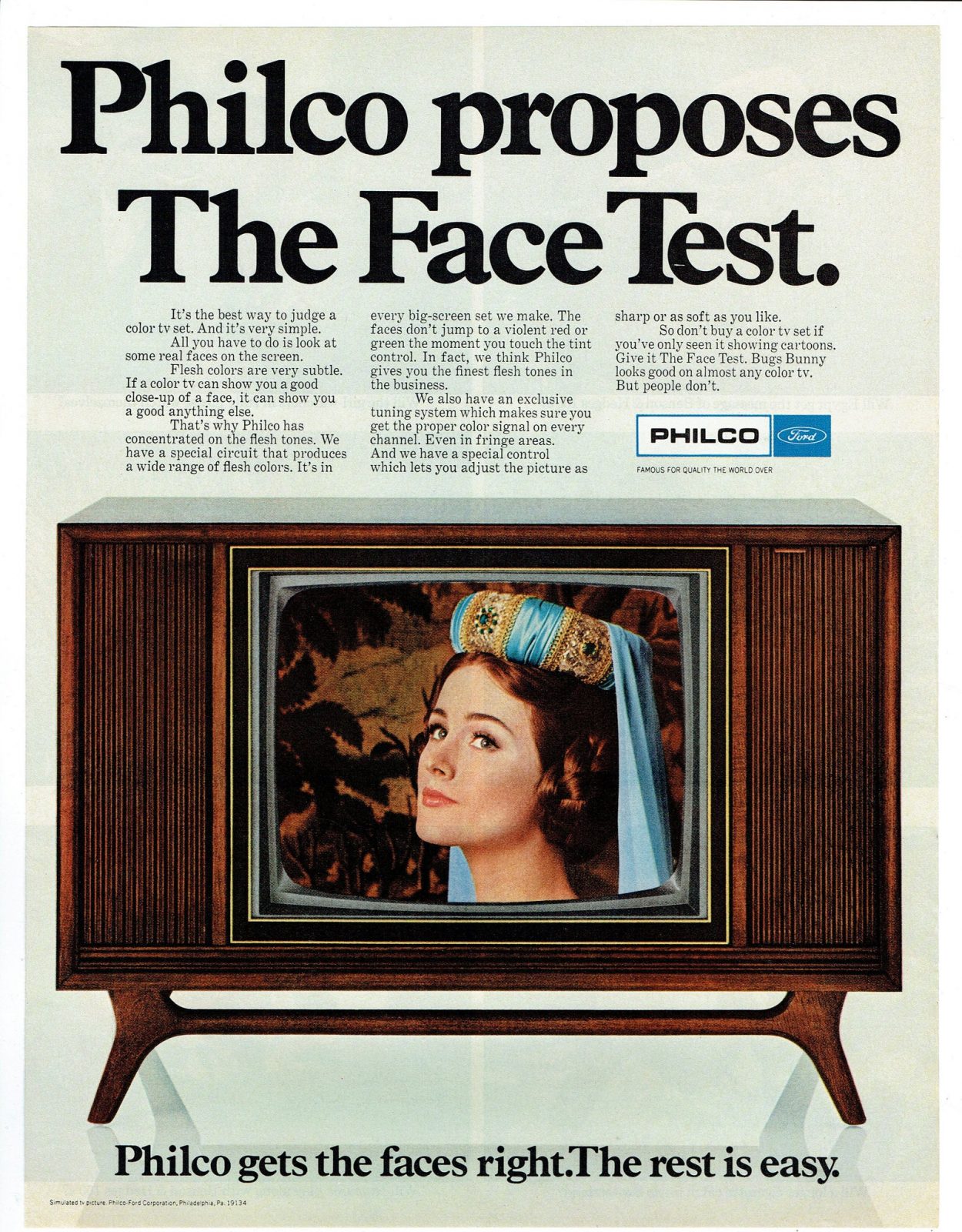
In Ireland in recent weeks, national broadcaster, RTÉ, has not only been a news producer but a news item. The broadcaster, facing serious financial pressures, has indicated that it will aim to reduce its budget by selling off assets, reducing the pay of top earners and offering voluntary redundancies.









